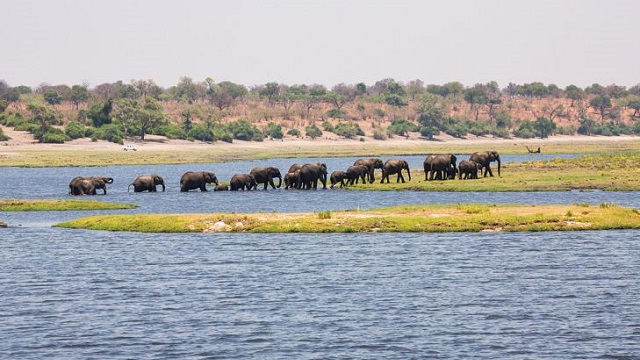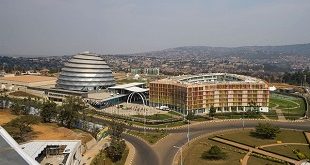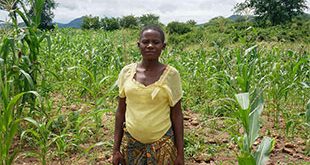
Maiduguri, Nigeria | AFP | Revitalising Lake Chad will stop Boko Haram from gaining a long-term foothold in the region, experts said on Wednesday, as four countries wrapped up talks aimed at ending in the conflict.
The insurgency began in 2009 and has killed at least 20,000 in northeast Nigeria alone, spreading to neighbouring Cameroon, Chad and Niger, prompting a regional military response.
But 11 governors from four countries surrounding the lake plus local and international aid agencies were told that fighting alone would not stop the conflict.
“The whole of the Boko Haram problem has its roots in the drying of the lake, which has left millions with no means of livelihood,” said Mamman Nuhu, executive secretary of the Lake Chad Basin Development Commission.
“Poverty has no frontier, the people around Lake Chad face the same challenges,” he told AFP on the sidelines of the Lake Chad Governors’ Forum in Maiduguri, northeast Nigeria.
“Once the lake is restored, the Boko Haram problem will permanently be taken care of.”
Mohamed Ibn Chambas, the UN secretary-general’s special envoy for West Africa and the Sahel, said the shrinking of most of the lake’s surface was one of the main causes of poverty.
“It is a major factor for the lack of jobs and other employment opportunities for young people, which makes the region a fertile recruitment ground for terrorists,” he added.
– ‘Huge task’ –
The freshwater lake and its fertile hinterland once provided a living for fishermen and farmers but in the last 40 years has seen a staggering 90 percent of its surface area shrink.
Climate change and mismanagement have been blamed.
Loss of employment opportunities, a lack of access to education, poor governance and corruption has fostered resentment, anger and a desire to fight back.
Boko Haram tapped into such disaffection with the promise of financial rewards in a largely lawless region where drugs and arms flowed through porous borders.
In February, Cameroon, Chad, Niger and Nigeria met in Abuja to discuss with international experts and development agencies how to salvage the lake.
One plan mooted was the revival of a project to dig a 2,600-kilometre (1,600 mile) canal from the Democratic Republic of Congo across the Central African Republic.
The canal would meet the Chari River that feeds into the lake.
Proponents say it also could attract back cattle herders whose migration further south because of desertification has led to clashes with farmers.
The flow of migrants from Africa to Europe could also slow, they argued.
Some estimates put the cost of the project as much as $14 billion (12 billion euros) but the governor of Niger’s Diffa region, Bakabe Mahamadou, said there was a lack of funds.
“We don’t have the money to execute this project, it is a huge task that will take years to accomplish,” he added.
– Security concerns –
Efforts to tackle the source of radicalisation in the northeast have been floated before, not least in 2014 at the height of the insurgency under president Goodluck Jonathan.
Then, the government proposed a “soft-power” plan to encourage local communities to shun extremism as well as “de-radicalise” suspected militants.
The plan, widely praised by analysts tracking the conflict, was seen as a recognition that military might alone was not enough, particularly against Boko Haram’s guerilla tactics.
As the conference opened on Tuesday, two female suicide bombers were shot dead in a botched attack on a mosque in the Jiddari Polo area of Maiduguri.
But even if funding was not an issue, implementation of any environmental scheme for Lake Chad would have to take a back seat initially to security operations.
According to the commander of the Multi-National Joint Task Force, Major-General Lucky Irabor, military action was targeting Boko Haram on the islands of Lake Chad.
“The security situation within the Lake Chad basin is improving… we want to return civil authority to the area so that we can bring concrete development to the people,” he said.
 The Independent Uganda: You get the Truth we Pay the Price
The Independent Uganda: You get the Truth we Pay the Price



